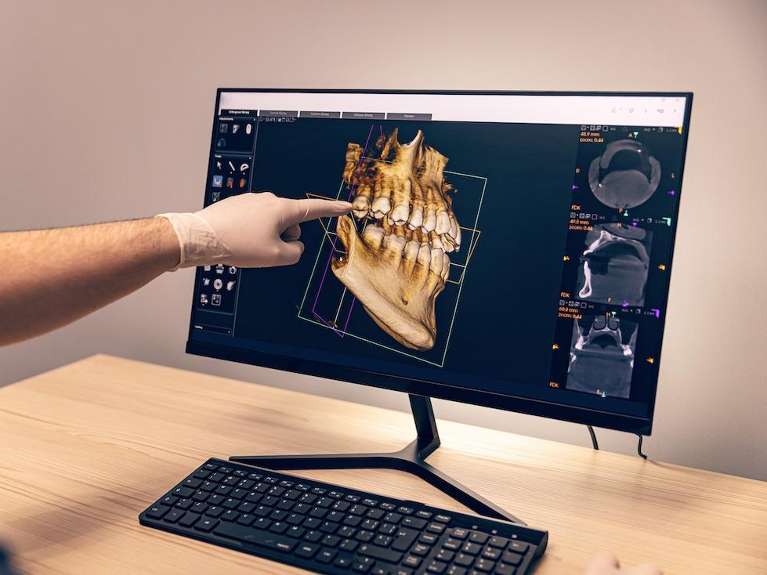Proper care of your dental implant is crucial for ensuring its longevity and maintaining excellent oral health. At Forster Tuncurry Dental & Implants, our team provides comprehensive aftercare guidance to help you protect your investment and enjoy your new smile for decades to come.
Dental implants require similar care to natural teeth but with some specific considerations. The area around your implant needs particular attention to prevent peri-implantitis, which is similar to gum disease and can threaten implant stability.
Tips for Dental Implant Care
Daily Care Routine
- Brush twice daily with a soft-bristled toothbrush, paying special attention to the implant area
- Use fluoride toothpaste to maintain overall oral health
- Floss daily around the implant using unwaxed floss
- Consider using an antimicrobial mouthwash to reduce bacteria
- Use interdental brushes or water flossers for thorough cleaning between teeth
- Avoid abrasive toothpastes that might scratch the implant surface
Lifestyle Considerations
Avoid chewing on hard objects like ice, pens or bones that could damage your implant crown. If you grind your teeth, discuss wearing a night guard with our team. Maintain a balanced diet and limit sugary foods that promote bacterial growth.
Professional Maintenance
Regular check-ups and professional cleanings at your dentist in Forster are essential. Dr Kenny will monitor your implant health and address any concerns early. Professional cleanings help remove plaque and tartar that home care might miss.
With proper care, your dental implant can last a lifetime while maintaining optimal function and appearance. We welcome your call.






